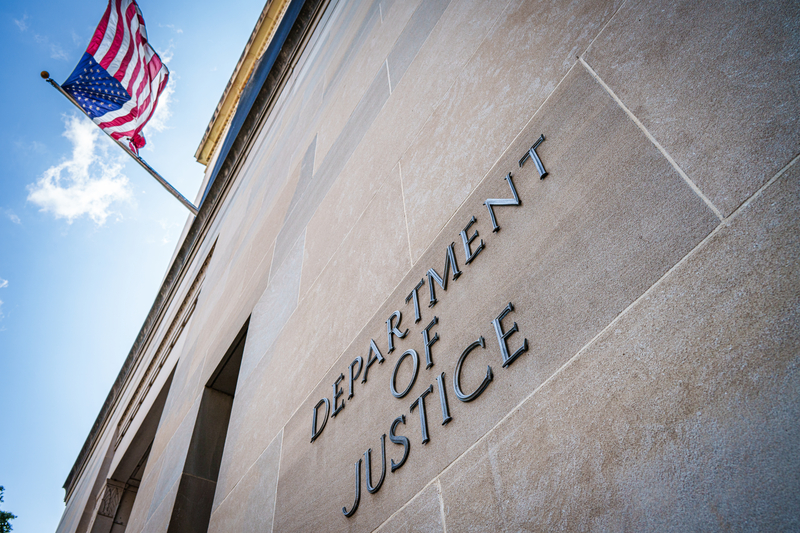The New Department of Financial Services (NYDFS) has raised the bar for exchanges listing and delisting tokens, issuing its new guidance and processes detailing how crypto firms are expected to evaluate coin listings before they are adopted, based on the agency’s previously provided crypto-licensing framework.
The updates could signal more stringent crypto regulation coming from other US states as virtual currency oversight policies continue to be formulated.
VOLT initiative
Designated as the VOLT initiative, the ongoing project has focused on enhancing NYDFS’s Vision, Operations, Leadership, and Technology, and as noted in its press release on Monday, the update “further showcases the agency’s role as the leading regulator of virtual currency in the nation”.
NYDFS Superintendent Harris published proposed the guidance, which adopts enhanced criteria for coin-listing and delisting procedures, as well as updated guidance on the framework for designating coins or tokens to the NYDFS greenlist.
The agency has more than 60 experts to oversee licensing and supervision, enhanced existing and established new policies and procedures, and enacted assessment authority to support the virtual currency unit.
“I have made it a priority to ensure the Department’s regulatory and operational capabilities keep pace with industry developments to protect consumers and markets,” said Superintendent Harris. “In less than two years, we’ve built our team to over 60 experienced professionals, created and enhanced consumer and industry safeguards, and engaged with policymakers around the world – including with the US Congress to help ensure there is a federal prudential regulator to supervise the industry.”
Through the VOLT initiative, the agency has also enacted new assessment authority to support the growth of the virtual currency unit.
The new guidance
The proposed guidance issued this week for coin listings and the guidance on the General Framework for Greenlisted Coins are designed to enhance the original framework issued by NYDFS in 2020 and clarify its expectations with respect to the coin-listing and delisting policies of DFS-regulated entities.
The enhancements have been developed through ongoing supervision so as to align best practices across all entities, and they do the following:
- heighten risk assessment standards for coin-listing policies and tailor enhanced requirements for retail consumer-facing businesses;
- require licensees to develop and submit to DFS for approval a coin-delisting policy that is compliant with this proposed guidance; and
- update the NYDFS Greenlist, which is the list of coins and tokens approved for all licensees to list or custody, as well as the Greenlist process.
The new guidance would apply to regulated crypto platforms in the state including Coinbase, eToro NY, Gemini, Robinhood Crypto and SoFi Digital assets, as well as others regulated by the agency’s BitLicense.
New York requires firms to undergo examinations making sure they align with state requirements and comply with know-your-customer, anti-money-laundering and capital requirements.
NYDFS’s virtual currency oversight
To address emerging issues, NYDFS has already issued industry regulatory guidance to help businesses navigate its BitLicense regime, which applies to those digital asset brokers, marketplaces, investment advisers, and issuers seeking to engage in business in New York.
Those include the first-in-the-nation regulatory guidance setting foundational criteria for USD-backed stablecoins issued by DFS-regulated entities, guidance to better protect customers in the event of a virtual currency insolvency or similar proceeding, and guidance for establishing the use of blockchain analytics tools as a best practice for virtual currency entities to prevent and manage suspicious activities.
New York requires firms to undergo examinations making sure they align with state requirements and comply with know-your-customer, anti-money laundering and capital requirements.
In the enforcement arena, NYDFS brought penalties against cryptocurrency companies such as Robinhood Crypto and Coinbase, Inc, and in the last two years has levied over $132m in penalties against virtual currency companies and used its supervisory and enforcement authority to require companies to remediate bad behavior.
Token delistings
The focus on token delistings suggests NYDFS wants to outline a more orderly way for those processes to occur, especially since there have been a number of enforcement actions requiring them. Advocates of New York’s strict, crytpo licensing framework have postulated that something like it at a federal level could have prevented a major catastrophe like the FTX implosion.
But critics say New York’s rules are too stringent, deterring crypto operators from listing and operating in the state.
The proposed guidance is open for public feedback until October 20.













